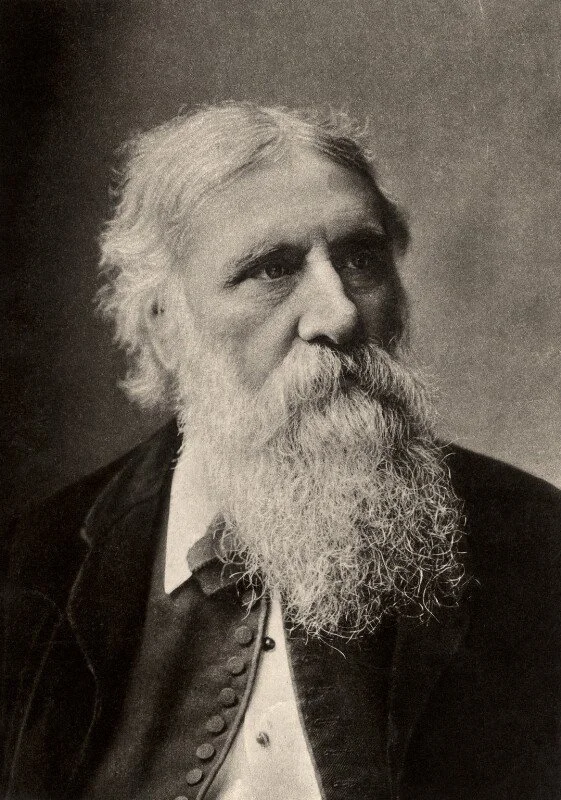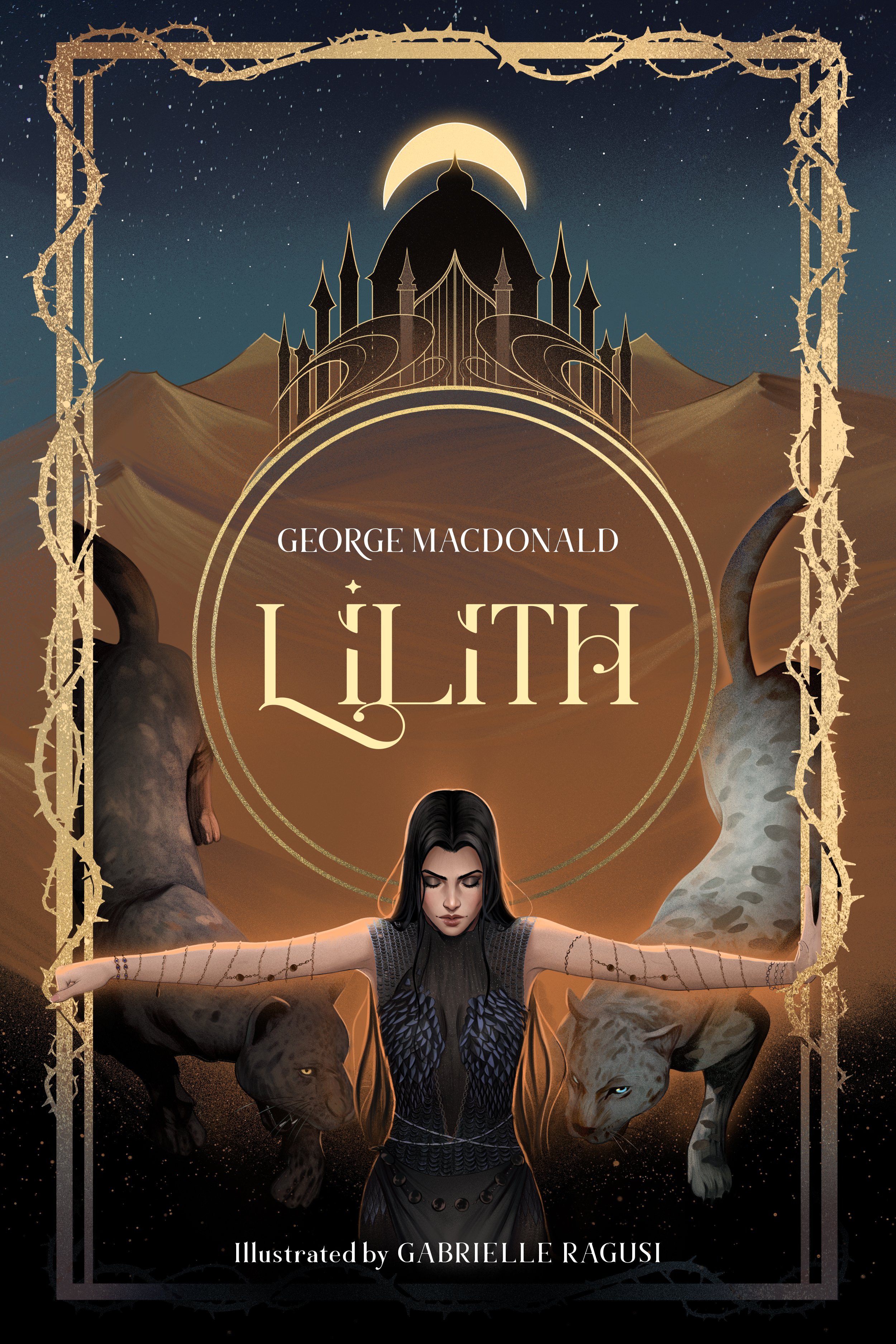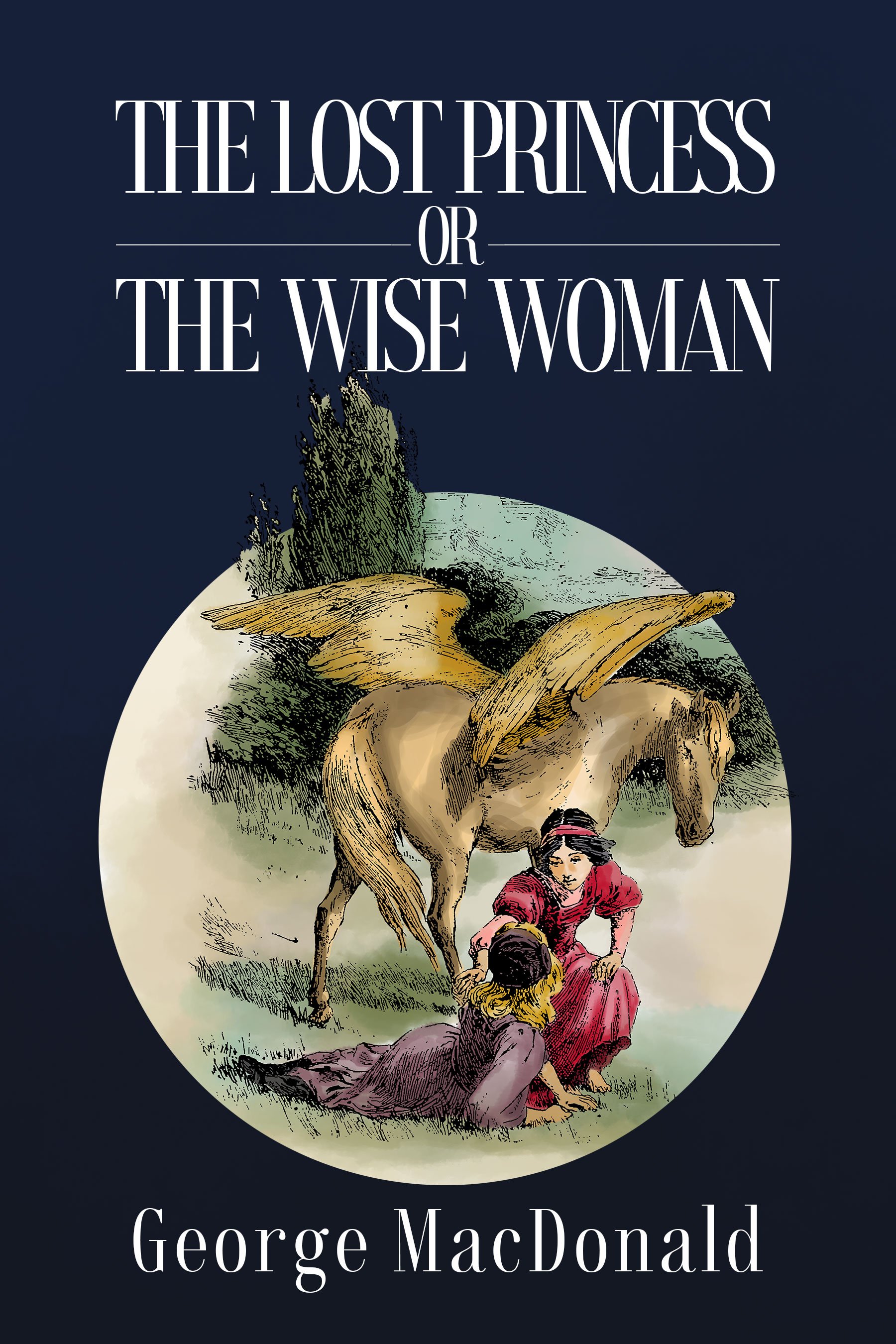“A Christian is just one that does what the Lord Jesus tells him. Neither more nor less than that makes a Christian.
”
Special Features
To read today’s Consuming Fire Daily Devotional, see below:
Making Friends with George MacDonald: A new podcast devoted to the Scotsman featuring Daniel Speake, Dale Darling, James House, and their guests!
Music Inspired by George MacDonald
MacDonald Community
George MacDonald enthusiast Dagmar Dederichs
Wingfold Fall Special Edition!
Vintage Editions: Introducing the John Joseph Flynn Collection
Fiction
This edition of The Lost Princess-or-The Wise Woman is based on a wonderful version published in 1895, with twenty-two illustrations by artist and sculptor A.G. Walker. We have added a preface by Christopher MacDonald, the author's great-great-grandson; a foreword by Douglas Gresham, C.S. Lewis' stepson; an introduction by George MacDonald himself—his timeless essay on the mythmaking art, “The Fantastic Imagination”—and the author’s eerily atmospheric short story, “The Gray Wolf.”
Non-Fiction
Works of MacDonald’s founder discusses some of the ways C.S. Lewis and George MacDonald differed in their view of Hell.
The Works Online Bookstore
Featuring Scots-English editions, Consuming Fire, Vintage Editions, and much more! Click here or on the images below to visit the bookstore.



























If you think of ten thousand things that are good and worth having, what is it that makes them so but the God in them? ......The faces of some flowers lead me back to the heart of God; and, as his child, I hope I feel, in my lowly degree, what he felt when, brooding over them, he said, “They are good;” that is, “They are what I mean.”